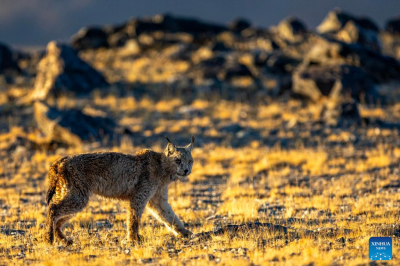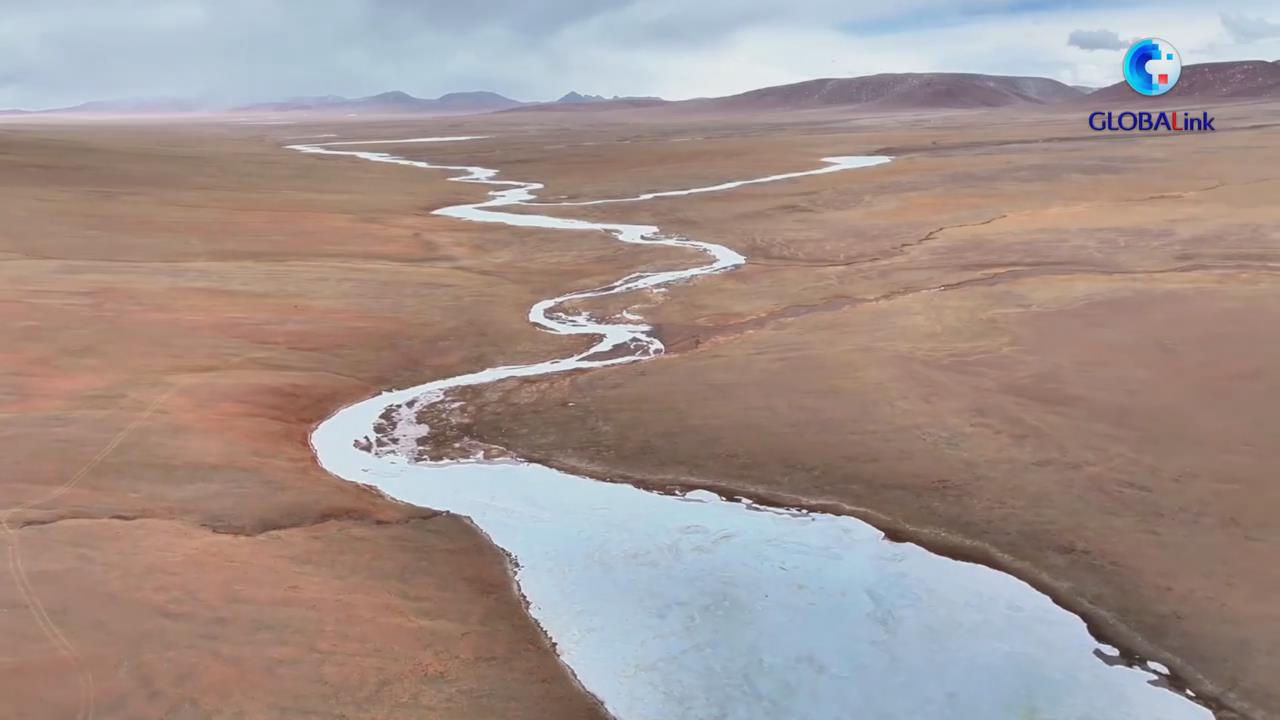| Nestled in the Yarlung Zangbo River Grand Canyon, the world's deepest canyon, Medog County, once known for its remote location and poor transportation, has witnessed the remarkable rise of its tea industry.
About two decades ago, local residents made a living through hunting and subsistence farming. Isolated by dense primitive forests, the county was once cut off from the outside world. People had to endure an arduous trek of several days across mountains to obtain life necessities. The turning point for Medog came in 2013, with the opening of a highway connecting the county to the outside world. Notably, under the pair-up assistance policy for the Xizang Autonomous Region, work teams from the major tea consuming provinces of Guangdong and Fujian that had arrived in Medog in 2011 found that Medog's tropical monsoon climate was ideal for tea cultivation and introduced tea seedlings, according to Yu Jiachun, deputy director of the county's agriculture and rural affairs bureau. The first tea plantation was put through a trial in 2011. Following the opening of the highway in 2013, the local tea industry was able to embark on a fast growth path. By 2013, Medog had embraced tea cultivation countywide, with the local government providing guidance and support to farmers at every stage of the tea production chain. Currently, there are 103 organic tea gardens spanning over 1,266 hectares in Medog County. This year, as of April 22, more than 500 tonnes of tea leaves had been sold, earning over 5.9 million yuan (about 830,985 U.S. dollars) for the tea farmers in the county, while the tea industry there had generated additional value of over 40 million yuan. Featuring diverse varieties, Medog tea has found its way to markets across the country, including markets in Xizang, Sichuan and Guangdong. "Tea has brought new life to both the county and its residents," said Li Wei, a deputy county chief. Dawa Lhadron, a tea farmer, is currently busy picking tea leaves. "The price varies depending on the variety. I harvested about 12 kg today, which can be sold for almost 600 yuan," she explained, while adding that during the picking season, some villagers can earn as much as 2,000 yuan in a single day. To further boost the development of the tea industry, the county has also introduced leading enterprises to meet the growing needs driven by expanding cultivation and processing. So far, six tea companies have joined the local tea industry. Apart from tea cultivation and sales, local residents have figured out ways to diversify the industry, including via tourism. An increasing number of tourists are drawn not only by the breathtaking landscape of the canyon, but also by the picturesque scenery of the terraced tea gardens and the tea aroma. "I have been here for two days and the scenery is truly unique and impressive," said Zhou Xinyu, a tourist from the eastern Jiangsu Province, who also experienced a tea-making activity during his visit. "We are committed to developing the tea industry while also protecting the environment, thereby ensuring that Medog tea gets to spread its fragrance far and wide," Li said. |
- Home
- News Tibet |Exclusive |China |World |Related News |Latest
- Documents White Papers |Others
- Photo Politics |Economy & Society |Culture & Religion |Human & Nature |Beautiful Tibet |Other Tibetan-Inhabited Area |Exchanges |Related
- Video News |Documentary |Micro-Video |Entertainment
- Art
- Tourism
- In Focus
- About Tibet






